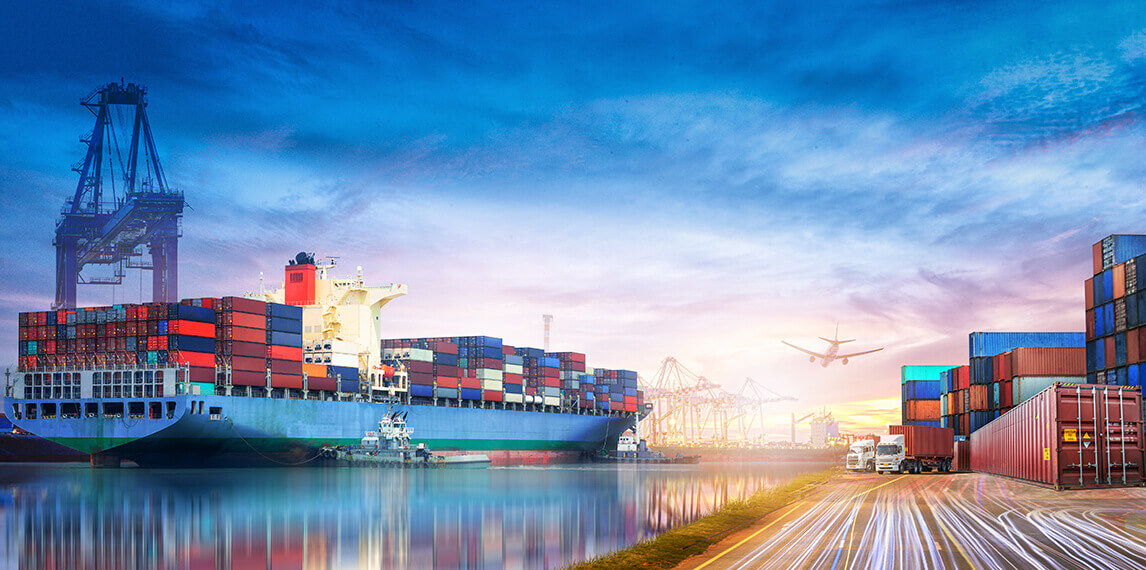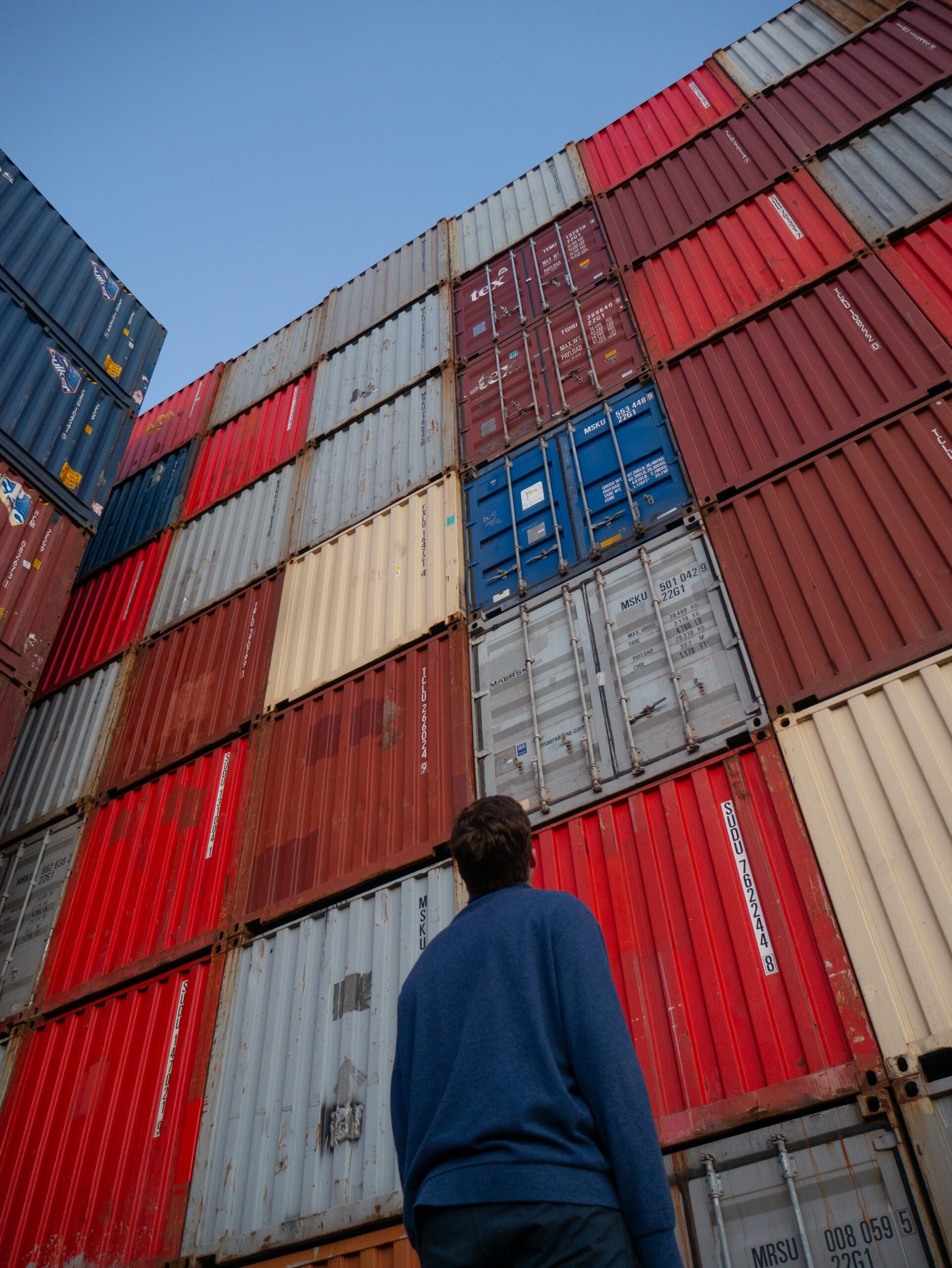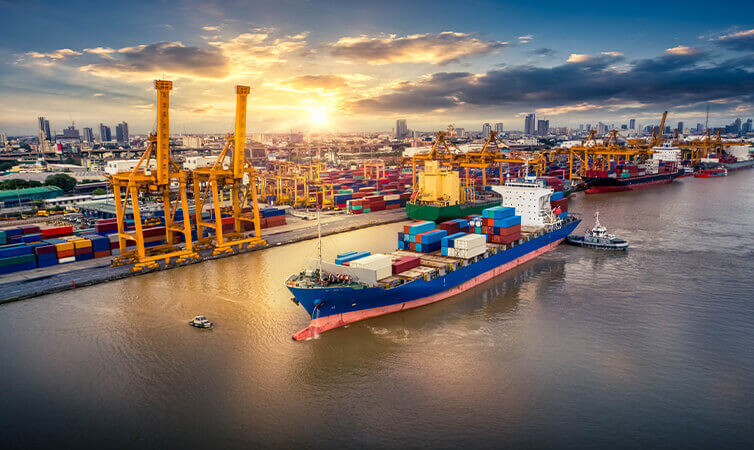- July 24, 2024
- Logistic
Fueling African Prosperity: Logistics Innovations for Enterprises testing
In an era defined by rapid globalization and burgeoning intra-African and cross-border trade initiatives like AGOA and AfCFTA, the role of logistics has become pivotal. TradEEngine Logistics emerges as a catalyst in this landscape, poised to revolutionize how enterprises navigate these exciting opportunities. With a strategic blend of cutting-edge technology, a robust stakeholder ecosystem, and data-driven insights, TradEEngine Logistics is uniquely positioned to drive prosperity for SMEs, SOEs, and large corporations in Africa.

Why TradEEngine Logistics Stands Out
Expertise in Intra-African and Cross-Border Trade: TradEEngine Logistics understands the intricacies and challenges of intra-African trade, as well as the regulatory complexities of initiatives like AGOA and AfCFTA. Their team of experts is adept at navigating these landscapes, ensuring seamless operations for their clients.
Stakeholder Ecosystem: Their extensive network of supply chain partners is a testament to their commitment to reliability and efficiency. Each partner is carefully vetted to guarantee the highest standards of service, providing clients with a seamless end-to-end logistics experience.
Technology at the Core: TradEEngine Logistics leverages the power of technology to optimize operations. From data-driven analysis to real-time network coordination, they employ advanced tools to enhance efficiency and drive cost savings.
Empowering SMEs with cost-effective shipping and streamlined warehousing. Assisting SOEs with tailored solutions for compliance and efficiency. Offering large corporations with global logistics support for seamless expansion.
A Glimpse into the Future of Logistics
As the African continent embraces a new era of economic integration, the role of logistics cannot be underestimated. TradEEngine Logistics is at the forefront of this transformation, armed with a sophisticated integrated supply chain system and state-of-the-art warehousing operations. Their unwavering commitment to excellence positions them as the go-to logistics partner for enterprises looking to capitalize on the opportunities presented by intra-African trade, cross-border trade (AGOA), and the historic AfCFTA agreement.
Conclusion
TradEEngine Logistics doesn’t just provide logistics solutions; they offer a strategic advantage in an evolving economic landscape. With a customer-centric approach, a robust stakeholder ecosystem, and cutting-edge technology, they are poised to fuel prosperity for enterprises across Africa. Embrace the future of logistics with TradEEngine, and be a part of the success story that is driving African prosperity forward.













